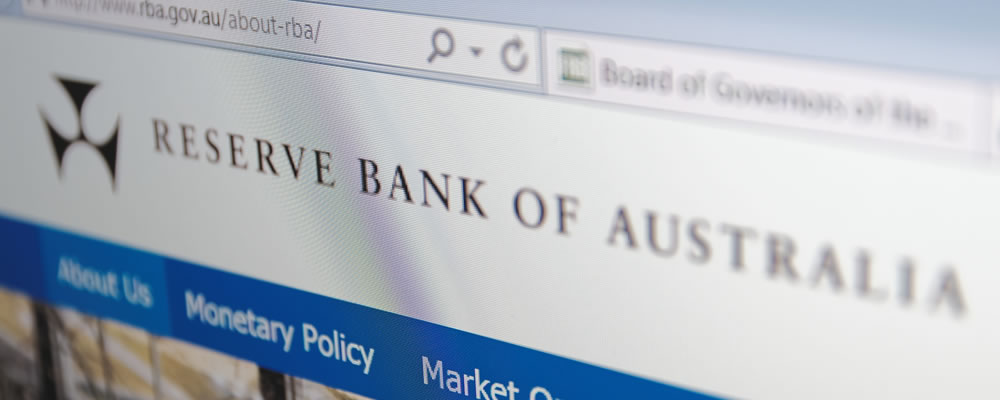Euro to Australian Dollar Exchange Rate Gains Limited by Underwhelming Eurozone Data
Monday saw the Euro to Australian Dollar (EUR/AUD) exchange rate put in modest gains. While the pair has struggled to hold Monday’s highs, it continued advance attempts on Tuesday as the latest Reserve Bank of Australia (RBA) news left the Australian Dollar (AUD) unappealing.
Due to rising risk-sentiment and weaker Eurozone data, EUR/AUD fell last week from the level of 1.5820 to 1.5746.
When markets opened on Monday, EUR/AUD attempted a recovery rally and briefly hit a daily high of 1.5820 – before slipping again. At the time of writing on Tuesday, EUR/AUD trended in the region of 1.5796.
The Euro (EUR) was unable to hold its Monday advance, as Eurozone data has fallen short of expectations and US-China trade hopes are still bolstering the Australian Dollar.
Of course, Tuesday’s news kept pressure on both currencies too, and as a result the Euro to Australian Dollar (EUR/AUD) exchange rate hasn’t moved too far from the week’s opening levels.
Euro (EUR) Exchange Rate Advance Stunted as Eurozone Inflation Falls Short
Bearish market concerns that the European Central Bank (ECB) will not hike Eurozone interest rates at all until late 2019 or even 2020 have only become more cautious over the past week due to the latest Eurozone news.
Friday’s Eurozone PMI projections for December printed at their worst levels in four years, causing concern about the rate at which the Eurozone’s economic activity was slowing.
Then on Monday, the Eurozone’s final November Consumer Price Index (CPI) inflation rate results were published. The monthly and core yearly inflation rate prints slipped as forecast, but the overall yearly print fell short.
Yearly inflation was forecast to have slipped from 2.2% to 2.0%, but instead fell to just 1.9%. The data added weight to the ECB’s expectations that Eurozone inflation was likely to slow in the coming months.
Tuesday’s Eurozone data was disappointing too, with Ifo’s German business confidence stats for December falling short of expectations in every major print.
This news limited the Euro’s gains against a weaker Australian Dollar. Demand for the Euro was also supported slightly by weakness in its rival, the US Dollar (USD), but US Dollar weakness bolstered Australian Dollar support slightly too.
Australian Dollar (AUD) Exchange Rates Sold on Reserve Bank of Australia’s (RBA) Dovish Tone
Tuesday’s Asian session saw the publication of the Reserve Bank of Australia’s (RBA) latest meeting minutes report, in which the bank left its growth forecasts mostly unchanged.
However, concern showed by RBA officials in the minutes over tighter credit and slow consumption indicated to markets that there may be a downward revision in the bank’s forecasts at some point.
Household consumption has many downside risks, according to the bank, including weak income growth and high debts.
Due to the bank’s caution, combined with Australia’s recently weaker-than-expected Gross Domestic Product (GDP) growth rate data, markets are betting it will likely be quite some time still before the bank begins to tighten Australian monetary policy.
While the RBA has indicated its next move is more likely to be a hike than a cut, the bank also indicated there will be no change to monetary policy in the near future.
This dampened market hopes that a 2019 interest rate hike from the RBA was possible, and left the Australian Dollar unappealing on Tuesday.
Euro to Australian Dollar (EUR/AUD) Exchange Rate Investors Await Fed and Australian Job Stats
Wednesday’s Eurozone construction output data could cause some movement in the Euro to Australian Dollar (EUR/AUD) exchange rate, but investors are more likely to pay attention to the Federal Reserve’s upcoming December policy decision.
The path that US monetary policy could take will influence the US Dollar (USD), which is a major rival for both the Euro and Australian Dollar.
In terms of EUR/AUD direction though, Thursday’s Australian job market results from November could be even more influential if they surprise investors.
Stronger Australian data may make it difficult for EUR/AUD to sustain this week’s gains, but the Euro would advance more easily if the data disappoints.
On top of this, any further shifts in market risk-sentiment could influence movement in the Euro to Australian Dollar (EUR/AUD) exchange rate in the coming sessions.



